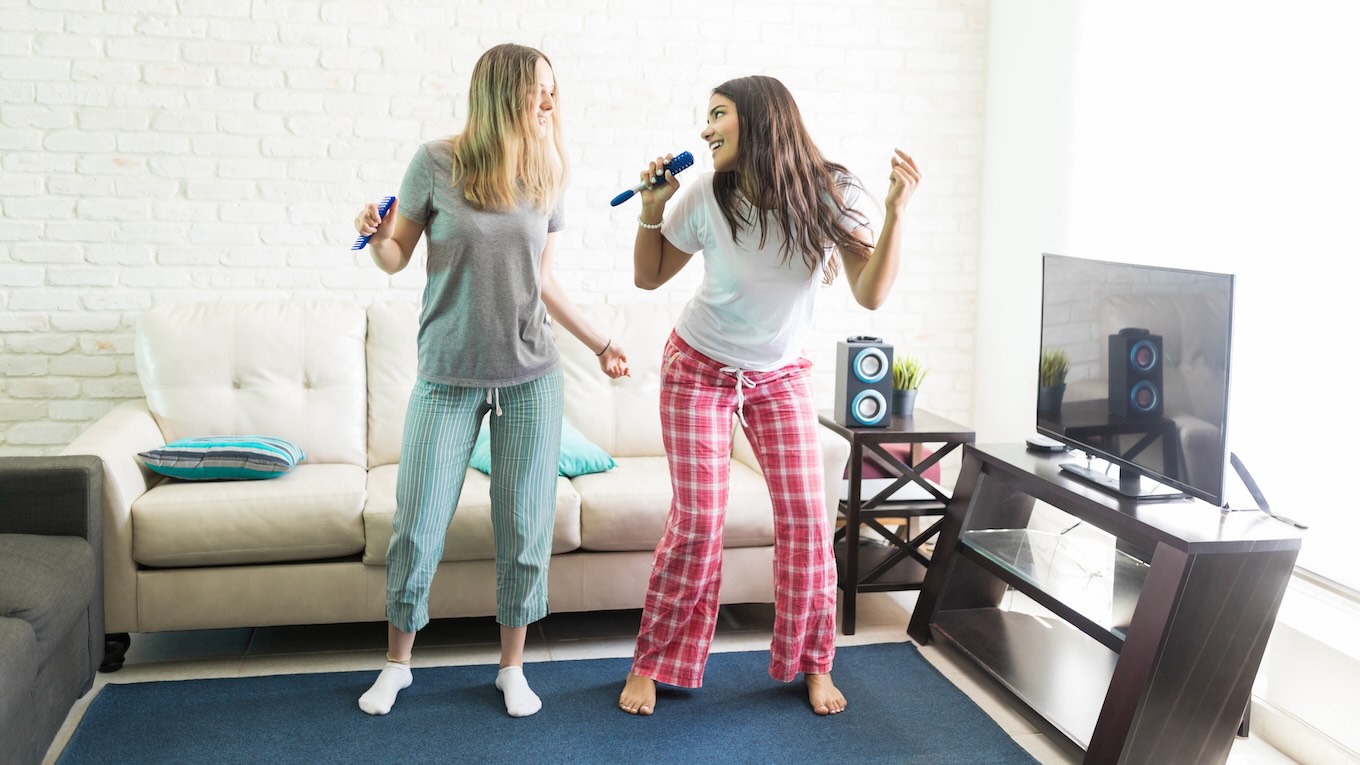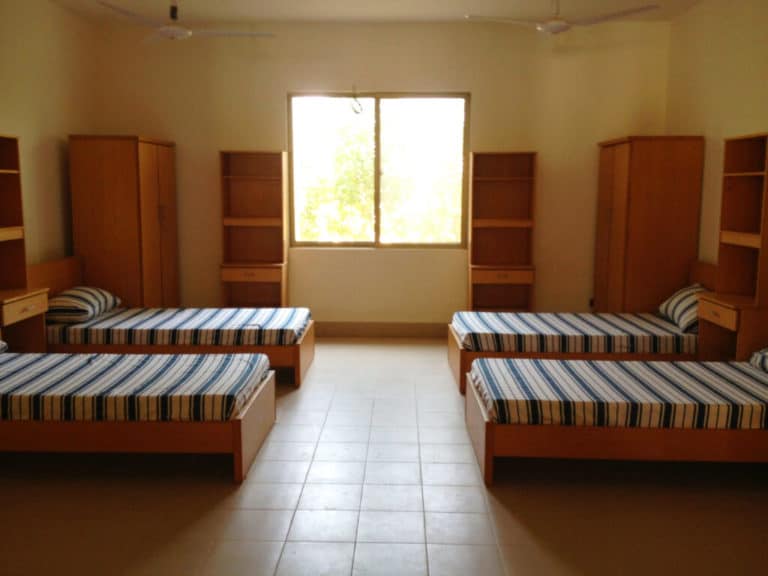The Battle for Silence: How to Survive Noisy College Dorms
The CDC reports that at least 60% of all college students have poor sleep quality.
It could be due to many things, including late-night partying.
Some non-partying on-campus residents, meanwhile, get deprived of sleep due to partying residents.
However, it’s not just loud music and chatters that can make college dorms noisy — cram 100+ students in a residence hall and you are certain to hear all kinds of sounds coming from all directions!
It’s good that college administrators implement various measures to keep noise under control and provide residents with a peaceful and relaxing living environment.
Still, you can’t expect all residents to abide by the rules!
How Administrators Address Dorm Noise
Most colleges and universities do anything and everything necessary to give residents, including first-year students who must live on campus for at least one year, a living arrangement conducive to rest and study.
RAs and Hall Council
Resident assistants (RAs) have many roles, including organizing and administering dorm activities, ensuring the safety of residents, maintaining peace and order, and enforcing dorm rules.
Yes, they also handle noise complaints.
RAs are college students who live in dorms after their first year and, typically, one to two of them are in charge of each floor, though they may be assigned per wing of every floor at larger dorms.
Students may also approach residence hall council (RHC) members, who advocate for resident welfare and interests.
Implementation of Quiet Hours
Simply put, quiet hours are times of day, usually at night, when residents are required to stay quiet.
Quiet hours can look different from one college to the other.
At San Jose State University, for instance, quiet hours from Sunday to Thursday are from 10 pm to 8 am, while it’s in effect from 12 am until 10 am on Fridays and Saturdays.
Usually, quiet hours can vary during exam week and on days preceding a holiday.
It’s worth pointing out that different colleges may have varying definitions of quiet hours.
Michigan Technological University, for example, says that noise simply must be kept at a low volume during quiet hours to allow residents to study or sleep in their rooms without any disruptions.

Quiet Housing
There are quiet hours.
And then there’s quiet housing at some colleges.
In most instances, quiet housing means accommodation for like-minded students, particularly those who prefer a quiet living arrangement more than anything else.
However, quiet housing can take various forms.
For instance, while some schools like Williams College devote entire buildings to quiet housing, others such as Bucknell University simply designate certain floors in certain buildings.
Quiet housing options may also sometimes mean having longer quiet hours than other floors or buildings.
Removal of Offenders
It’s not uncommon for the residence life and student housing offices of many colleges and universities to kick out residents who get noise complaints from other residents repeatedly.
Dartmouth College is one of those.
And I quote the Ivy League:
“Repeated noise complaints against an individual demonstrate an inability to respect the rights of others and will likely result in the offending student being removed from housing.”
Other institutions are not so clear as to what would happen to repeat offenders.
Here’s Middlebury College‘s take on the matter:
“Repeated offenses may be brought to the attention of the Office of Community Standards for appropriate disciplinary action.”
Soundproofing
Most college dorm rooms are out of materials that are no more soundproof than materials used for constructing regular rooms in a residential house.
However, some schools may utilize aftermarket soundproofing solutions.
Still, it’s not unlikely for colleges to be able to completely soundproof their dorms, and most soundproofing strategies can only do so much where there are a lot of people making noise.
It’s at institutions that require all first-year students to reside on campus where soundproofed housing options can be scarce, such as at the University of Pennsylvania.
How Students Can Address Dorm Noise
Putting up with dorm noise until you become a sophomore student or find an off-campus dwelling you can afford isn’t the only option — you can spring into action to get a much-deserved peace and quiet.
Give a Gentle Reminder
In many instances, politely asking a noisy resident to keep it down works.
Students may not be aware that they are talking on the phone or playing music on their laptops loudly, keeping residents in neighboring rooms from concentrating on the chapter they’re reading or getting some shut-eye.
Others may also simply have lost track of time, forgetting that it’s already quiet hours.
However, some may not cooperate and ignore a resident’s plea.

Contact the RA
Do you consider yourself a poor negotiator, or does the offender keep doing the same things repeatedly?
Getting in touch with the RA is the best way to deal with the problem.
RAs are experts at handling all kinds of undesirable circumstances, including noise-related ones.
It’s also a good idea to know who your hall council officers are and which dorm rooms they occupy in case the RA in charge of your floor or wing is currently preoccupied with something.
Wear Earplugs or Earphones
Not all students would like to stay up late on weekends when quiet hours typically start later.
Whether you are exhausted or feel like you are going down with the flu, consider wearing a pair of earplugs if you want to sleep, but other residents are still allowed to make some noise.
A pair of noise-canceling headphones is an alternative to earplugs as it allows you to listen to your favorite tunes while keeping external noise from reaching your eardrums.
However, it costs so much more than earplugs.
Rely on White Noise
Many sleep experts recommend people with sleep problems use white noise.
No matter if your preference is static sound, rolling river, or rain falling on a tin roof, white noise helps block out loud sounds so you can take your trip to dreamland.
You can install a white noise app on your smartphone — some come with a price, while some are free.
A white noise machine is an option to keep your phone’s battery from draining.
Related Article: Are College Dorms Safe? Why or Why Not?
Disclaimer: The views and opinions expressed in this article are those of the authors and do not necessarily represent those of the College Reality Check.

![How Common are College Parties [20 Sobering Facts]](https://collegerealitycheck.com/wp-content/uploads/college-tailgating-party-208572811-768x576.jpeg)



